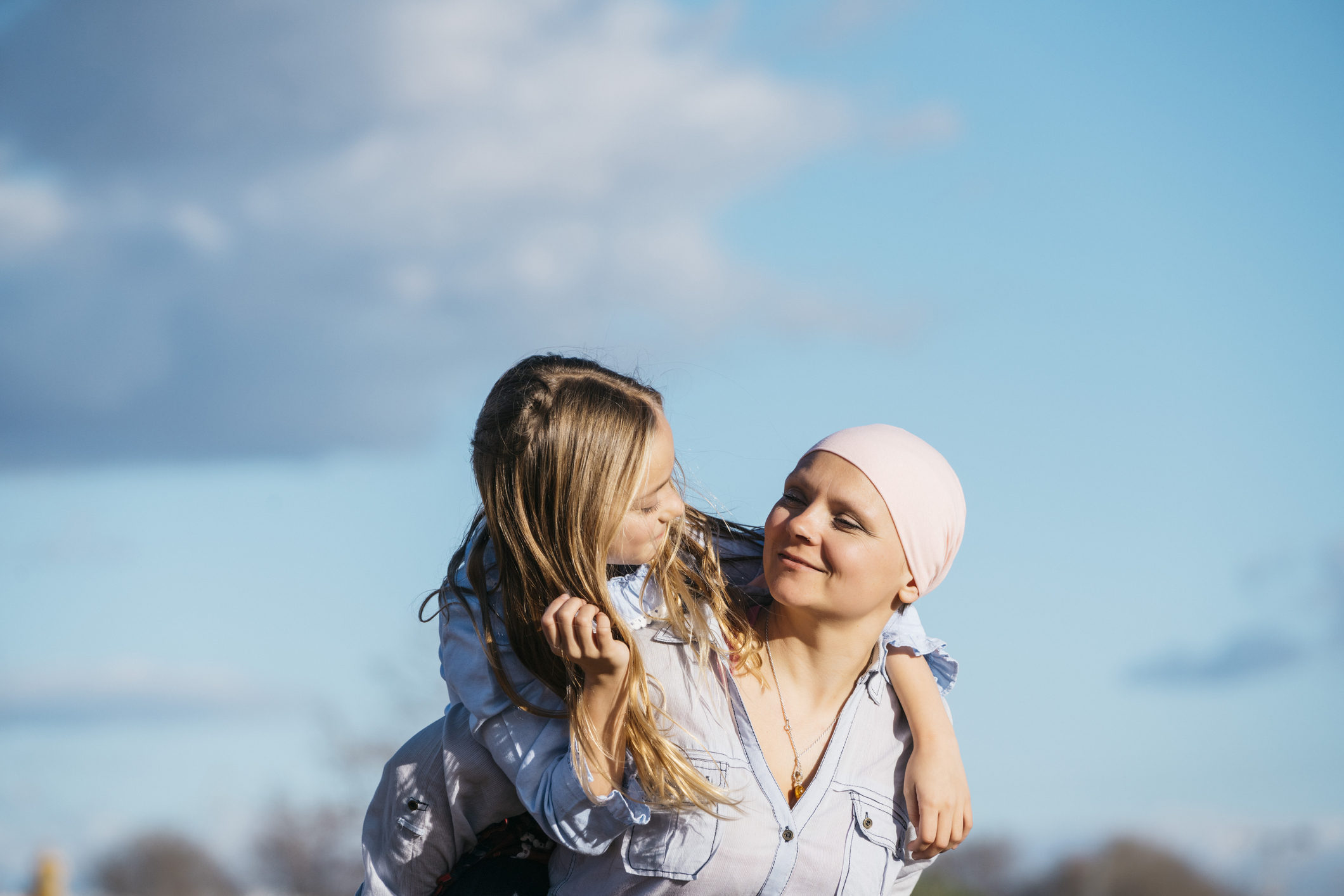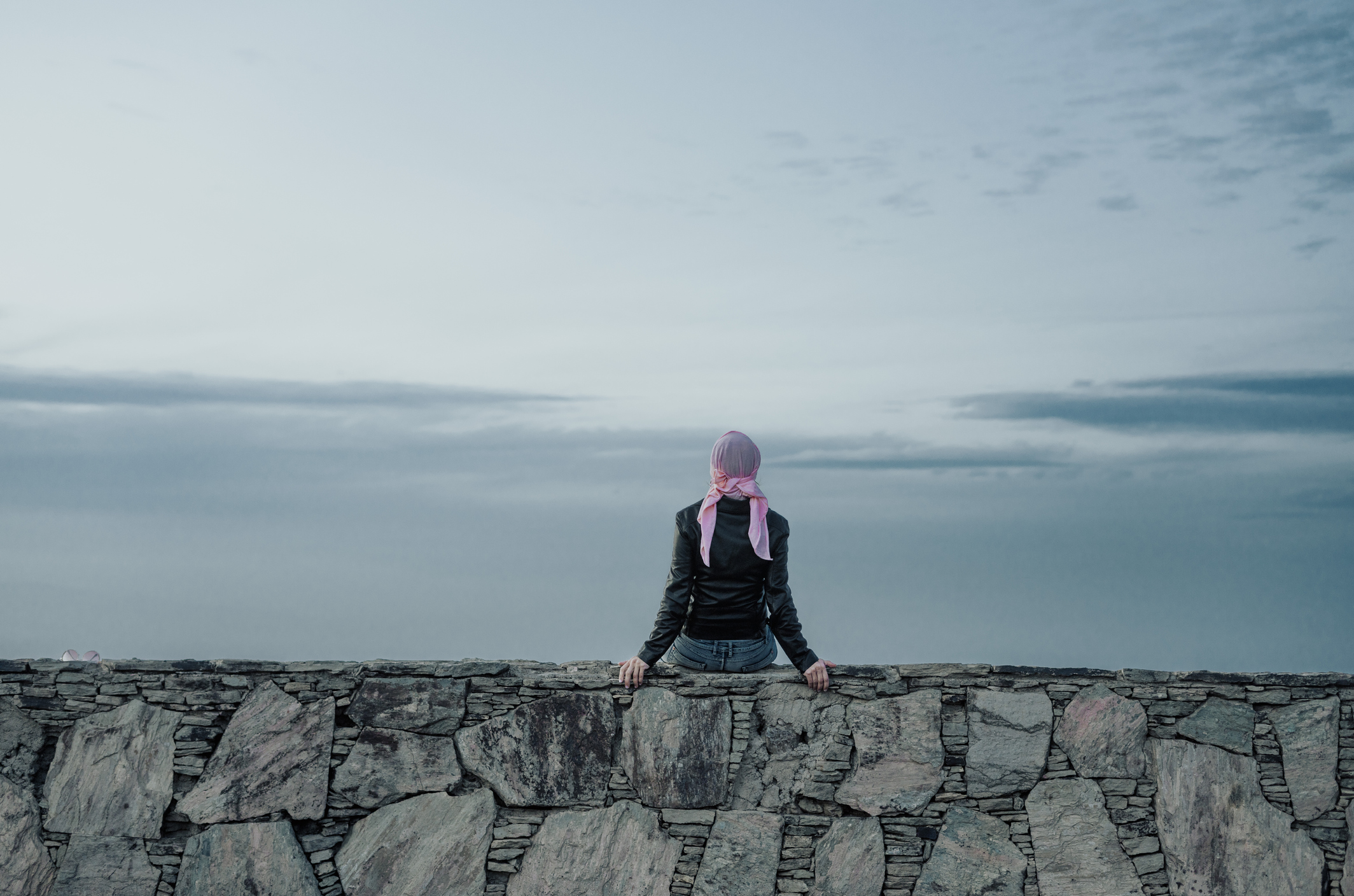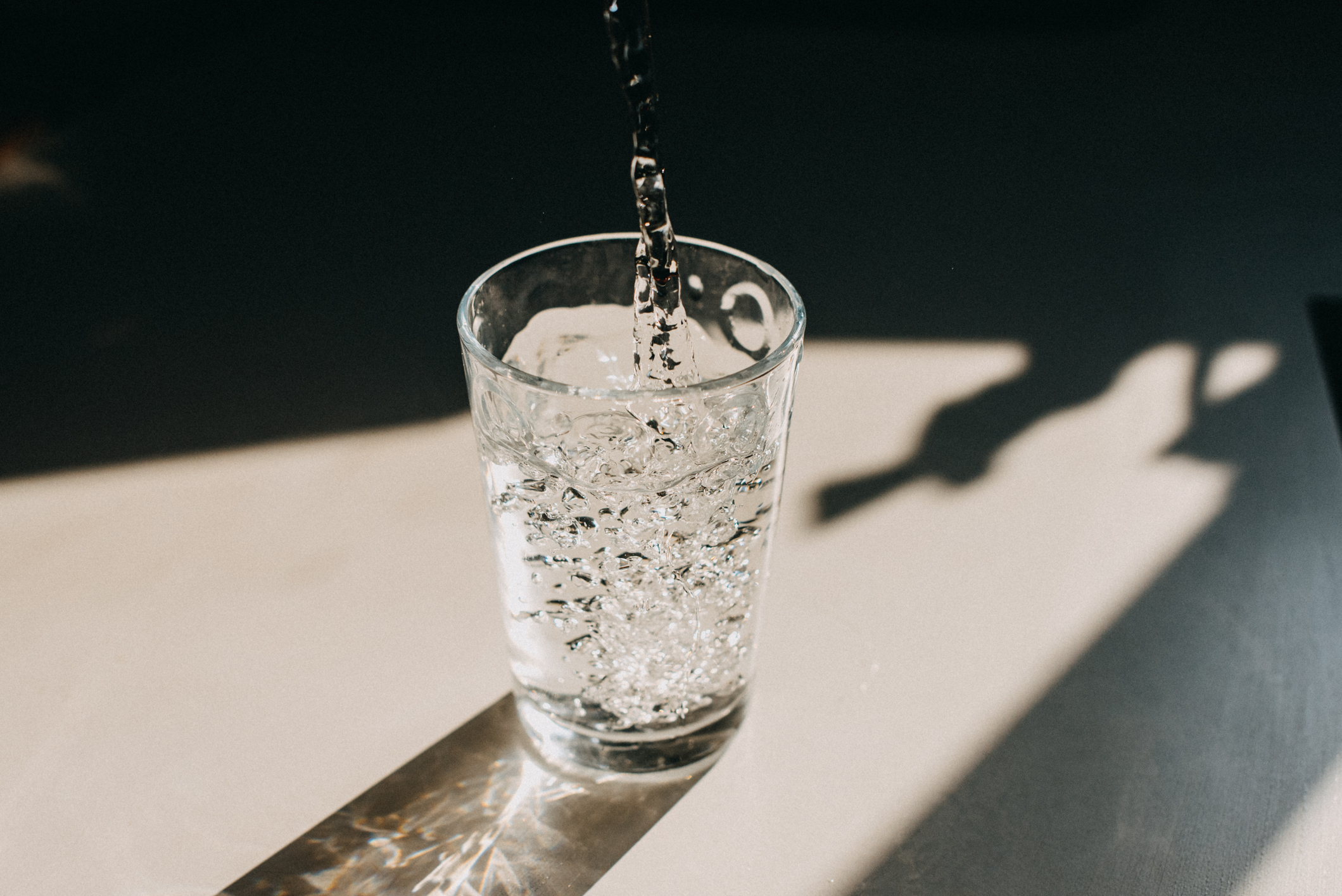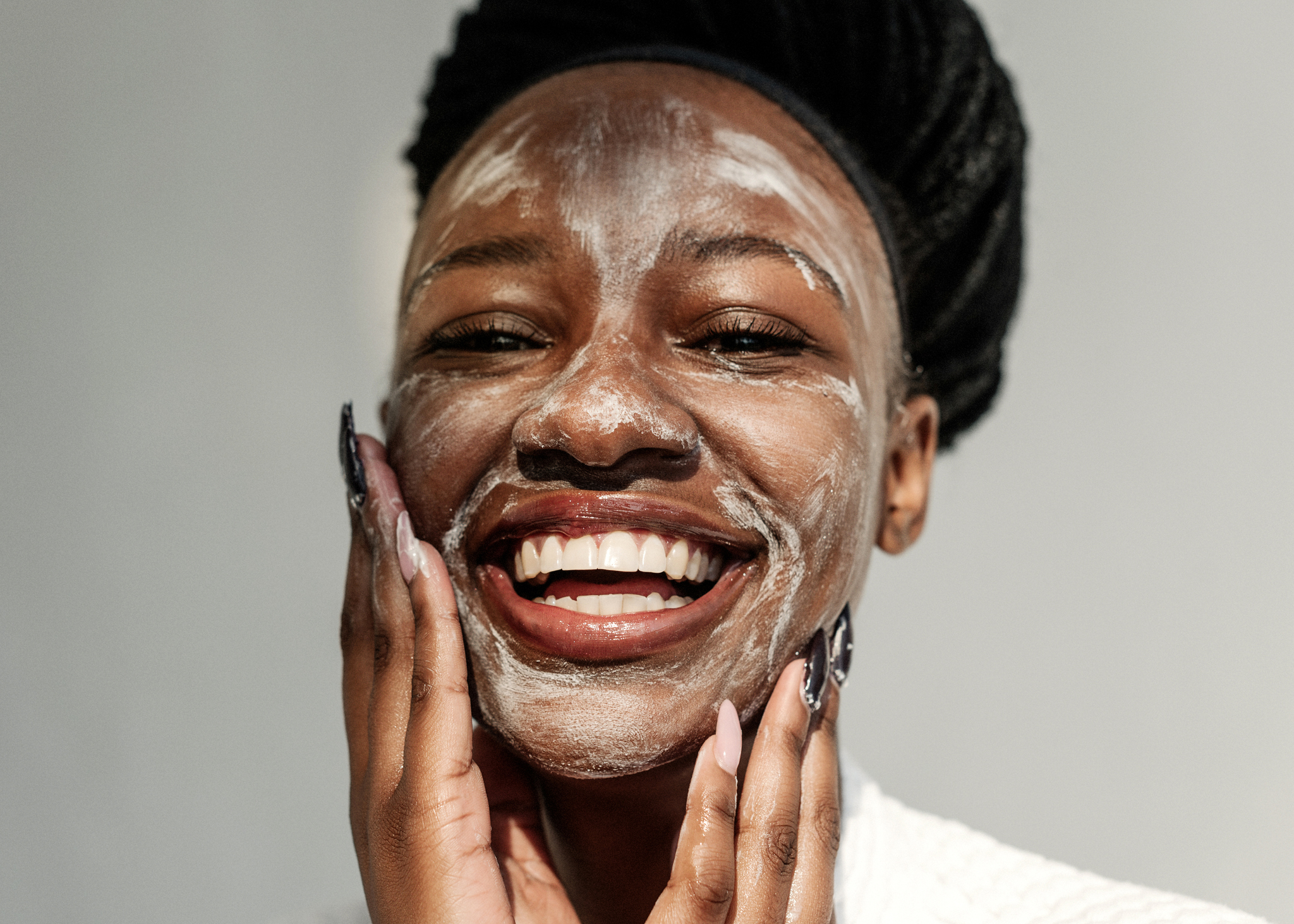Your complete guide to cancer care post-chemo: 14 tips for building confidence
This Breast Cancer Awareness Month, read advice from Perci Health, the first digital platform giving on-demand access to specialised cancer experts.

This Breast Cancer Awareness Month, read advice from Perci Health, the first digital platform giving on-demand access to specialised cancer experts.
Anyone who's had cancer and been through the treatment will know about the ordeal cancer care can be.
While the doctors and nurses who provide the chemotherapy treatment are usually nothing but helpful, the post-chemo aftercare can sometimes feel a little overwhelming. You're left on your own, ill from the treatment, adjusting to a new way of life and likely scared. Don't worry: you are not alone.
Your confidence can be affected in a number of ways because of visible physical changes - like scarring, weight gain or sexual changes - or less visible ones, like the longer-lasting emotional effects.
So, we've spoken to the experts at Perci Health, the first digital platform giving on-demand access to specialised cancer experts, for their complete guide to looking after both yourself and your body post-chemo. Why? Because, as their experts share, one of the common things they hear from people after a cancer diagnosis is that they receive conflicting or confusing advice about everything from what to eat, what skincare products to use, when and how to exercise and more.
This leaves people confused, overwhelmed and lacking in confidence. Keep reading as eight specialist cancer professionals breakdown fourteen physical, psychological and social tips for managing life post cancer symptoms - and treatment. Don't miss our guide to how to check your breasts for lumps, while you're here.

Cancer care post-treatment: 14 tips for building your confidence
1. Take some time to process what you've been through
As Simone Ruddick, psychologist at Perci Health explains, it's important to actively manage the stress of diagnosis and treatment. "It can be helpful to take a moment to acknowledge what you have been through," she shares.
Marie Claire Newsletter
Celebrity news, beauty, fashion advice, and fascinating features, delivered straight to your inbox!
Why? Because cancer care and treatment can be both physically and psychologically demanding - "your body and mind might need time to adjust and process what is happening," she continues.
2. Accept that mental health issues may occur
And this is normal, shares Ruddick. "I often see people struggling with anxiety and low mood during and post treatment," she shares.
"Try to normalise these feelings. By acknowledging what you are going through and normalising your feelings you can hopefully take some pressure off yourself."
Remember this: cancer treatment is both physically and psychologically demanding - your body and mind will need time to adjust and process what has happened. If after six months or so, your anxiety and low mood is still affecting your day-to-day, do book a GP appointment or seek some extra support.

3. Speak to others
Sounds simple, sometimes isn't. Also do note that not everyone will find talking helpful - and if this is you, it's ok not to force it. Do what works for you, not anyone else.
"Some people find speaking to others who have been through a similar treatment can help," shares Ruddick. Try online support groups from the likes of Livestrong and Macmillan, if you don't know where to start.
4. Drink lots of fluids
Again, sounds like something you'd do automatically, but as Teresa Day, dietitian at Perci Health explains, many who have been through cancer treatment experience taste changes that can last for a while once treatment ends.
"Your favourite foods may not taste the same," she explains. "Try drinking lots of fluids - this will help to keep your mouth moist, which in turn helps with flavour detection."
5. Try different foods
On that note, trying foods containing strong flavours such as ginger and garlic, or adding lemon juice, herb and spices, can be a simple way to make a meal more enjoyable.
One form of cancer care? Buying Ryan Riley's Life Kitchen cookbook - it's packed full of recipes designed for those living with cancer. As one reviewer Louise Winter says, it's "an exceptional book full of inspiring and inspired recipes to help people living with cancer to rediscover the love of food, when treatments may have dulled their taste buds."

6. Eat little and often
Day shares that it's very common to feel tired and lacking in energy after chemotherapy - read up on the symptoms of adrenal fatigue, here - which can affect your appetite and make it difficult to eat.
"I recommend eating little and often - try six small meals throughout the day, rather than one large meal in the evening," she recommends.
7. Prepare yourself for bowel changes
FYI, diarrhoea is a common side effect of many chemotherapy drugs and Day explains that this can take some time to improve.
Note this: drink plenty of fluids to replace the fluid lost, avoid spicy, fried or fatty foods, and try to omit foods high in fibre from your diet (think wholegrain bread, cereal, peas, nuts and beans).
Instead, try opt for easily digested foods include:
- White fish
- Poultry
- Well-cooked eggs
- White bread
- Pasta
- Rice.
"If your diarrhoea doesn’t improve or if it gets worse, particularly if you're experiencing diarrhoea at night or find it difficult to get to the toilet in time, do seek medical attention," she advises.
8. Get your steps in
We all know that exercise boosts both your fitness, endorphins and general confidence, but for most, returning to working out post-chemo can seem overwhelming.
The good news? It needn't be complicated, shares Hannah Leach, physiotherapist at Perci Health. "For most people living with and beyond cancer, exercise recommendations are the same as usual: 150 minutes of moderate exercise weekly."
Try: A 30-minute brisk walk five times a week. "Walking is known to have many health benefits, including reducing fatigue, boosting mental health, and improving both cardiovascular and respiratory fitness." Our guide to the best UK hikes may help.

9. Opt for natural hair and skincare products
As Nevo Burrell, hair and image advisor at Perci Health shares, when she was diagnosed with cancer, she was advised to use mild and skin-friendly products on her skin. "I quickly realised this wasn't an easy task - there were countless scary stories out there and I realised it was near impossible to decipher what was true and what was false."
After doing her own research - and dedicating her life to sharing this with others - she's found the following. "The common complaints during active treatment are dry skin, itchy skin, soreness, redness and flakiness." With this in mind, some key ingredients to avoid are:
- Talc
- Parabens
- Phthalates
- Petroleum
- Mineral oil
- Synthetic fragrance
- BHA/BHT
- Propylene glycol
- PEG's
- D4
- D5
- D6
- Chemical screens.
Instead, focus on products such as gentle cleansers, creams and non-abrasive exfoliants. Always opt for fragrance-free and keep an eye out for the following ingredients:
- Tocopherol: "This is pure Vitamin E and an excellent antioxidant that gives significant photoprotection against UVB rays," shares Burrell.
- Glycerine: "This is a fantastic natural moisturiser and skin-identical ingredient," she continues.
- Sunflower oil: "An excellent emollient that protects & enhances the skin barrier," Burrell concludes.
10. Be wary of induced menopause
Cancer care isn't just about what you eat and what skincare products you use, sadly. It's an all-encompassing full body approach to making you feel like yourself again.
So, be prepared for induced menopause - this is normal, as Johanna Bowie, gynaecological cancer nurse and menopause specialist at Perci Health explains.
"Some people may experience an induced menopause after chemotherapy caused by various oncology treatments and surgeries," she explains. "Sometimes the menopause symptoms are temporary and it may be that a women’s ovarian function returns following a course of treatment - in other scenarios, the menopause will be permanent. Induced menopause has the same symptoms as natural menopause."
Read our guides to perimenopause and early menopause here.

11. Don't fret about loss of sex drive
According to doctor Isabel White, psychosexual therapist at Perci Health, loss of sexual drive is actually one of the most common difficulties experienced by women during and after cancer treatment.
"If you or your partner are feeling particularly apprehensive about resuming sex or are experiencing sexual difficulties, a psychosexual therapist may be of great benefit," she explains.
Encouraging intimacy can also be helpful. "Kissing and cuddles may be all that you feel ready for at this time but being regularly intimate together in a low demand way can, over time, lead to an increase in desire for sex and feeling the beginnings of arousal," she explains.
Bottom line: however you're feeling, being open and communicating with your partner is vital. "Your partner may have no idea you're struggling knowing how to be intimate right now - be honest and open," she encourages.
12. Or vaginal dryness
Yes, FYI: cancer treatments can cause vaginal dryness, too, shares Bowie. "These problems can be readily addressed - do visit your GP to discuss the best course of action."
Or, read our guide to the best lubes, while you're here.
13. Prepare for mouth ulcers
Another key element of cancer care post chemo? Preparing for the inevitable ulcers. As Amelia Cook, lead cancer nurse at Perci Health explains, chemotherapy can affect the lining of your mouth, which triggers changes such as ulcers, soreness and inflammation.
"This is called mucositis - but don't worry, it can be treated," she reassures. "Drink plenty of fluids, use a very gentle mouthwash (salt water works) regularly, and use a soft toothbrush. There are also lozenges, artificial saliva sprays and mouthwashes available, too."
14. Know that anxiety is normal
Finally, know this: it is completely natural to worry or fear that your cancer may recur.
"It can be hard to trust your body again and judge whether any physical symptoms are something to be concerned about," shares Lucy Davidson, counselling psychologist at Perci Health. "Try to notice what increases your anxiety about recurrence - is it articles in the news, or other peoples’ stories on online forums?," she asks. "Be mindful about how much time you spend looking at these things as it can become overwhelming, and focus on communication with your medical team about concerns rather than Googling."
Try this instead: focus on self-care ideas and activities that are good for your emotional wellbeing including anything you can do mindfully, from art, to cooking, to gardening, to yoga. "Ultimately, try and be kind and tolerant of yourself and your feelings," she encourages. "If you feel able, share your concerns with others - a family member, friend or professional. It’s amazing how powerful it can be to voice anything that you are ruminating about."
There you have it - your complete guide to cancer care. Remember: help is out there.

Ally Head is Marie Claire UK's Senior Health and Sustainability Editor, nine-time marathoner, and Boston Qualifying runner. Day-to-day, she heads up all strategy for her pillars, working across commissioning, features, and e-commerce, reporting on the latest health updates, writing the must-read wellness content, and rounding up the genuinely sustainable and squat-proof gym leggings worth *adding to basket*. She also spearheads the brand's annual Women in Sport covers, interviewing and shooting the likes of Mary Earps, Millie Bright, Daryll Neita, and Lavaia Nielsen. She's won a BSME for her sustainability work, regularly hosts panels and presents for events like the Sustainability Awards, and is a stickler for a strong stat, too, seeing over nine million total impressions on the January 2023 Wellness Issue she oversaw. Follow Ally on Instagram for more or get in touch.
-
 Jonathan Anderson is going to Dior Men
Jonathan Anderson is going to Dior MenHis debut collection will be this June
By Mischa Anouk Smith
-
 I'm a 2025 bride and these are the best affordable wedding dresses I've found
I'm a 2025 bride and these are the best affordable wedding dresses I've foundLess than £1,000 but still the height of chic
By Sofia Piza
-
 Hands down, these are the best wedding foundations for each skin type
Hands down, these are the best wedding foundations for each skin typeThat bridal glow, bottled
By Denise Primbet